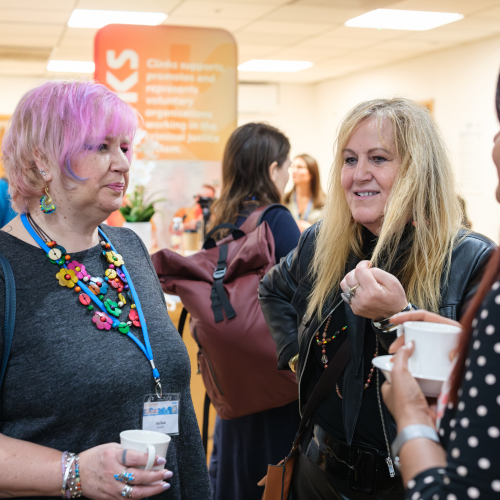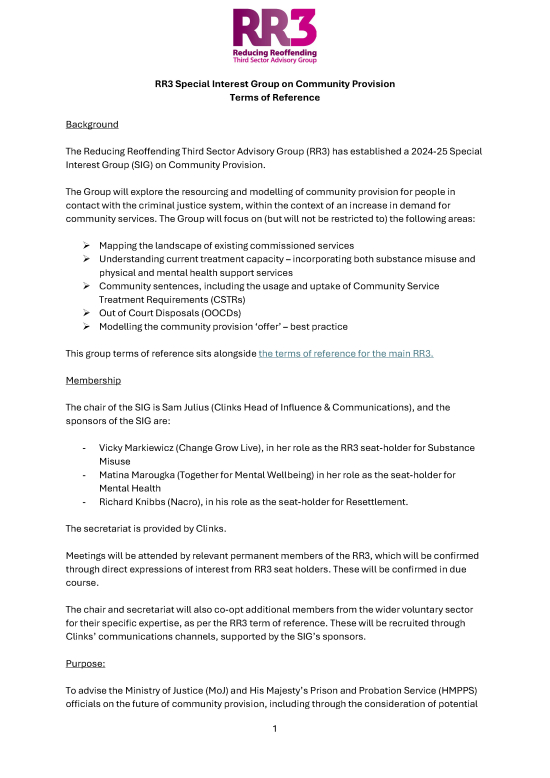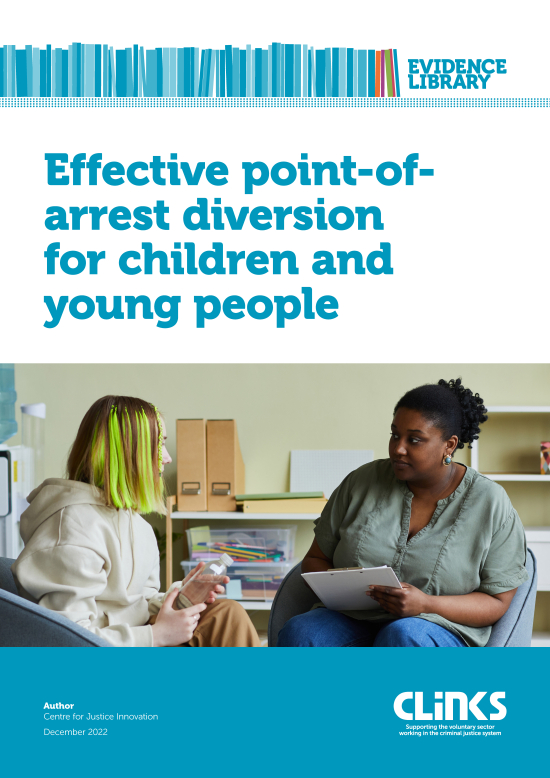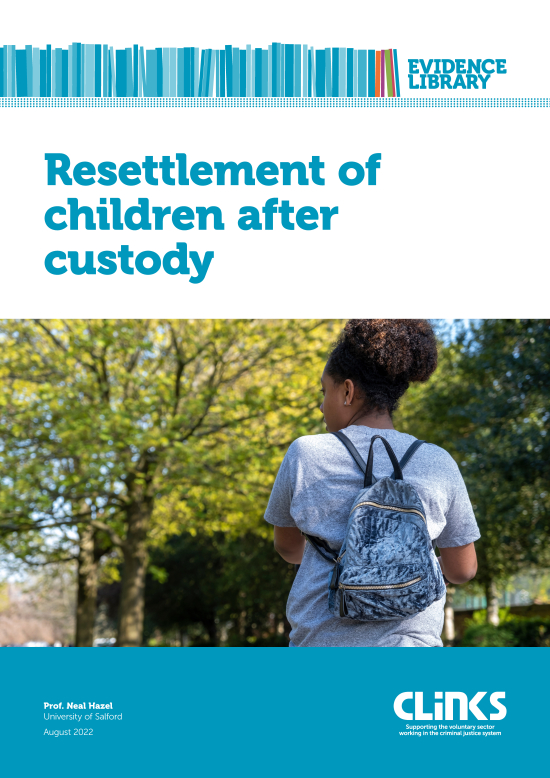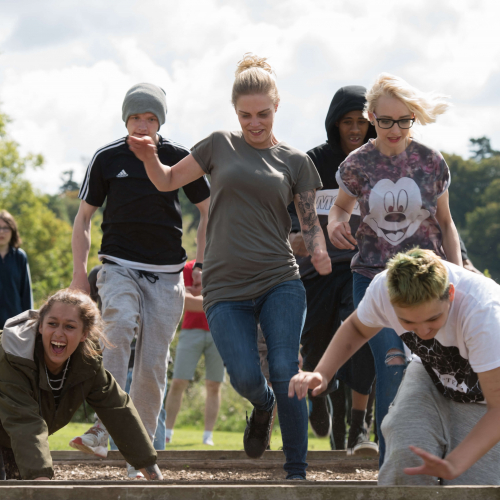Introduction
Young adults, aged 18-25, are disproportionately involved in the criminal justice system. They make up less than 10% of the general population, but account for more than a third of the probation service's caseload and almost a third of those sentenced to prison each year.
Young adults are also the group most likely to grow out of crime if the right conditions are available. However, young people in the criminal justice system can fall between the gaps in their transition to adulthood and they lose the very support or intervention that might help them.
The right interventions can support desistance from offending, while the wrong response can increase offending and extend the period that a young adult is engaged with criminal justice agencies.
Our members
Voluntary organisations working in the criminal justice system have pioneered successful approaches to working with young adults. This knowledge and intelligence has been gathered, alongside academic research, to develop the Transition to Adulthood (T2A) Pathway Approach which, in turn, has supported the development of further good practice amongst voluntary groups.
Between 2008-2017, T2A pilot projects demonstrated the value and benefit of working with local voluntary organisations in the development, design and delivery of services for young adults. Voluntary organisations:
- Have the potential capacity to be led by the needs and aspirations of the service user
- Offer engagement that is flexible in length and intensity
- Have specialist services that respond to, and directly involve, the local communities within which they work
- Give the people they engage with involvement in the design and delivery of services
- Offer support outside traditional office-based appointments, such as meetings in community settings or in the home)
- Provide flexible advocacy, such as accompanying individuals to appointments with other agencies
- Provide successful recruitment, training, management and involvement of volunteers
- Have the potential to access resources not available to the statutory sector.
The pilot projects found that engagement is voluntary, leading to trusting relationships not bound to formal supervision as part of court orders and that is not breachable for non-compliance.
Clinks thinks
Clinks thinks young adults need a criminal justice system that considers their distinct needs at every stage.
Young adults (aged 18-25) need tailored approaches that consider their distinct needs. The brain continues to develop into adulthood and does not reach full maturity until at least the mid-twenties which means that young adults are more likely to demonstrate risk-taking and emotionally driven behaviour. Neurodivergence and trauma should also be considered as these can hinder the development of maturity and impact on behaviour.
Government should implement a resourced strategy to ensure the effective engagement of young adults at all stages of the criminal justice system which also recognises the importance of education, housing, and employment to successful transitions to adulthood and desistance from crime.
Voluntary organisations should provide age-appropriate support that supports individual needs, promotes the identity shift, and advocate for services that recognise young adults as a distinct group.
What Clinks is doing
Clinks works to support voluntary sector organisations working to combat the over-representation of young adults in the criminal justice system by promoting the need for a fresh approach through the Transition to Adulthood Alliance (T2A).
Clinks is one of the founding members of the Transition to Adulthood Alliance and supports its programme of work. The Alliance is a broad coalition of organisations and individuals that identifies and promotes the need for a distinct and radically different approach to young adults - an approach that is proportionate to their maturity, and responsive to their specific needs.
What's new
Blogs
Collaborating to change the shape of justice for women
Publications
RR3 Special Interest Group on Community Provision Terms of Reference
Latest on X
Join us for our Chair Q&A recruitment session on 15 July at 12:30. Discover what it takes to lead our dynamic board and drive impactful change. Bring your questions for Clinks Chair and CEO. Don't miss out! https://clinks.org/event/588
Events
Date
Tuesday 10 SeptemberLocation
OnlineFrom
FreeRelated publications
Related blogs
Other sources of support
The Transition to Adulthood Alliance aims to develop and promote evidence of effective policy and practice for young adults and women at all stages of the criminal justice system.
